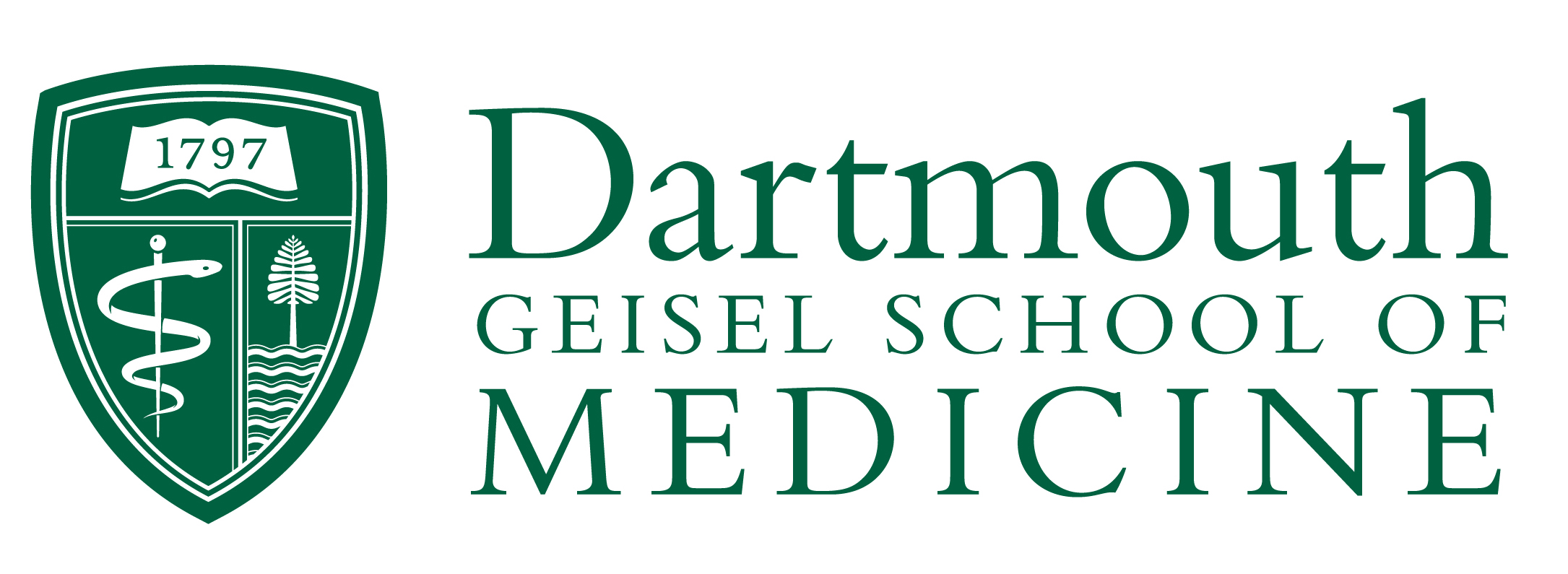The Book Shelf is a selection of books written by alumni within the last two years. These are neither endorsements nor critiques of the books.
FICTION
Nature’s Bite (2022)
By Mark Powers MED’77
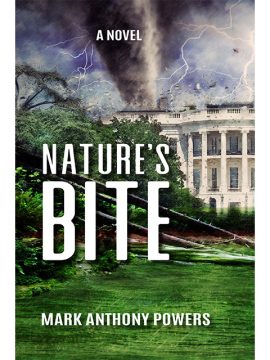 It’s April 2024, and a mysterious visit from FBI agents interrupts a quiet evening at Dr. Phineas Mann’s house. Worsening climate change is leading to more difficult asthma cases, and Phineas is tasked with investigating a novel drug treatment with Dr. Marie Porter for the pharmaceutical giant, SynMedical. Marie has just returned to North Carolina 26 years after her single mother abruptly extracted her from the sixth grade to disappear without explanation into the rural Northwest.
It’s April 2024, and a mysterious visit from FBI agents interrupts a quiet evening at Dr. Phineas Mann’s house. Worsening climate change is leading to more difficult asthma cases, and Phineas is tasked with investigating a novel drug treatment with Dr. Marie Porter for the pharmaceutical giant, SynMedical. Marie has just returned to North Carolina 26 years after her single mother abruptly extracted her from the sixth grade to disappear without explanation into the rural Northwest.
Meanwhile, the Republican U.S. President, in the final year of his second term, develops alpha gal syndrome; caused by Lone Star ticks finding their way north as the planet warms. Then a surprising assignment sends Phineas and Marie, against their wills, into intrigue at the highest levels in a hotter, dirtier, and more polarized country.
Deception (2019)
By Derrik Woodbury MED’77, RES’82
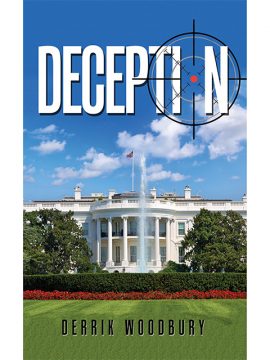 George Anderson is President of the United States and he needs urgent surgery. An enigmatic billionaire named Douglas sees an opportunity to expand his power and replace the Anderson Administration with a puppet President without the national angst of an assassination or scandal. Only Jim Williams, a Georgetown surgical resident, and Frederick Hall, an aging legendary Secret Service Agent can prevent this cunning treachery. A young charismatic Senator and the world’s most popular entertainer are also ensnared in this web of love, danger, subterfuge and murder. Unseen forces collide in a desperate attempt to seize command and control of the U.S. Government. For nothing is what it seems in DECEPTION.
George Anderson is President of the United States and he needs urgent surgery. An enigmatic billionaire named Douglas sees an opportunity to expand his power and replace the Anderson Administration with a puppet President without the national angst of an assassination or scandal. Only Jim Williams, a Georgetown surgical resident, and Frederick Hall, an aging legendary Secret Service Agent can prevent this cunning treachery. A young charismatic Senator and the world’s most popular entertainer are also ensnared in this web of love, danger, subterfuge and murder. Unseen forces collide in a desperate attempt to seize command and control of the U.S. Government. For nothing is what it seems in DECEPTION.
Ari’s Spoon (2021)
By Douglas Zipes MED’62
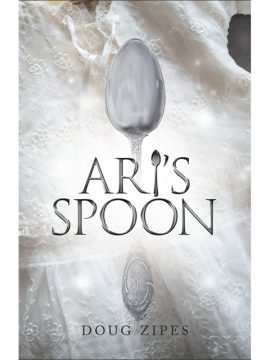 As young surgeon Gabe Goerner and his wife, Cassie, enter the church for his three-month old daughter’s baptism, her gown, a family heirloom of unknown origins, triggers the security metal detector. After Gabe discovers the cause is an engraved silver spoon sewn into the double-layered hem of the tiny gown, the mysterious discovery soon transports him through a cascade of unforgettable events that lead him from contemporary Indianapolis to the Warsaw ghetto during World War II, from underground bunkers to operating rooms, and from the safety of home to the Treblinka death camp. What he finds on his mission will forever transform his life. Ari’s Spoon is the historical tale of a young surgeon’s journey to the truth after he finds a spoon hidden in his daughter’s baptismal gown.
As young surgeon Gabe Goerner and his wife, Cassie, enter the church for his three-month old daughter’s baptism, her gown, a family heirloom of unknown origins, triggers the security metal detector. After Gabe discovers the cause is an engraved silver spoon sewn into the double-layered hem of the tiny gown, the mysterious discovery soon transports him through a cascade of unforgettable events that lead him from contemporary Indianapolis to the Warsaw ghetto during World War II, from underground bunkers to operating rooms, and from the safety of home to the Treblinka death camp. What he finds on his mission will forever transform his life. Ari’s Spoon is the historical tale of a young surgeon’s journey to the truth after he finds a spoon hidden in his daughter’s baptismal gown.
NONFICTION
The Digestive System for Babies and Toddlers (2022)
By Dr. Haitham Ahmed MED’10
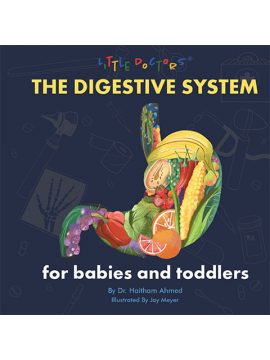 The Digestive System for Babies and Toddlers offers the perfect introduction to the wonders of the human body. This interactive board book teaches your little one about the digestive system, one of the body’s most vital organ systems. Be amazed at how much your child (and you) can learn. Through words and pictures, this board book for children captures the imagination, stimulates curiosity, and facilitates a love for science in the next generation.
The Digestive System for Babies and Toddlers offers the perfect introduction to the wonders of the human body. This interactive board book teaches your little one about the digestive system, one of the body’s most vital organ systems. Be amazed at how much your child (and you) can learn. Through words and pictures, this board book for children captures the imagination, stimulates curiosity, and facilitates a love for science in the next generation.
Weight Loss for Life (2021)
By Lawrence J. Cheskin MED’80 and Kimberly Gudzune
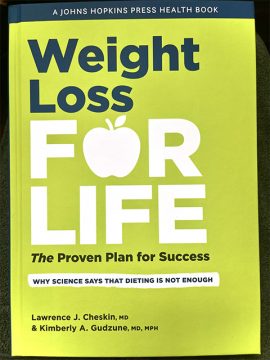 Leading experts from Johns Hopkins provide you with all of the information you need to develop a plan that works best for you. Anyone struggling with unwanted weight gain will find this program helpful, compassionate, and clear. A central feature is a Personal Plan of Action to help you set reachable goals, plan meals, and make time for movement. Unlike other works, Weight Loss for Life covers it all: supplements, prescription medications, and surgical options. Throughout, testimonials from others who have followed the program along with interactive features and hundreds of photographs and drawings will educate and keep you motivated.
Leading experts from Johns Hopkins provide you with all of the information you need to develop a plan that works best for you. Anyone struggling with unwanted weight gain will find this program helpful, compassionate, and clear. A central feature is a Personal Plan of Action to help you set reachable goals, plan meals, and make time for movement. Unlike other works, Weight Loss for Life covers it all: supplements, prescription medications, and surgical options. Throughout, testimonials from others who have followed the program along with interactive features and hundreds of photographs and drawings will educate and keep you motivated.
The Complete Family Guide to Dementia (2022)
By Thomas Harrison and Brent Forester MED’92
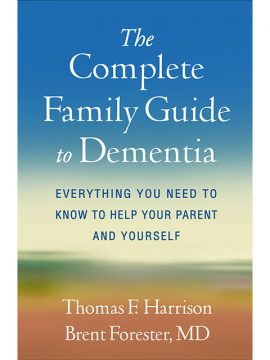 If you are facing the unique challenges of caring for a parent with dementia, you are not alone. This wonderful book speaks directly to adult children caring for a parent with dementia, and gives equal weight to the facts, the feelings, and the often bumpy road to understanding, acceptance, and effective care. The sections on how to communicate and resolve conflicts with the ‘other’ parent—the one who doesn’t have dementia—are unique. Above all, this book shows us how to focus on the feelings—our own, our siblings’ and our parents’—that are at the heart of caregiving but can give us the biggest challenges.
If you are facing the unique challenges of caring for a parent with dementia, you are not alone. This wonderful book speaks directly to adult children caring for a parent with dementia, and gives equal weight to the facts, the feelings, and the often bumpy road to understanding, acceptance, and effective care. The sections on how to communicate and resolve conflicts with the ‘other’ parent—the one who doesn’t have dementia—are unique. Above all, this book shows us how to focus on the feelings—our own, our siblings’ and our parents’—that are at the heart of caregiving but can give us the biggest challenges.
Teaching Kids to Pause, Cope, and Connect: Lessons for Social Emotional Learning and Mindfulness (2022)
By Mark Purcell and Kellen Glinder MED’98
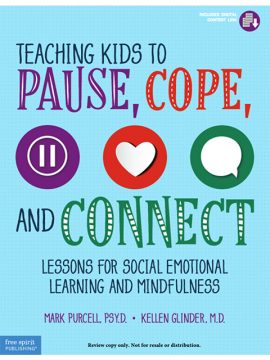 Students today face many challenges that did not exist a generation or two ago, and rates of emotional disorders (including anxiety and depression) have increased steadily over the years. Students must also manage an overwhelming amount of information. With today’s reliance on technology and social media, they have fewer opportunities to develop effective self-regulation strategies and interpersonal and stress management skills. Helping students understand their emotions and behavior when they’re young will set them on a path to being successful learners and empathetic people throughout their lives. With thirty easy-to-implement, skill-based lessons and activities, Teaching Kids to Pause, Cope, and Connect provides educators with strategies to help their students.
Students today face many challenges that did not exist a generation or two ago, and rates of emotional disorders (including anxiety and depression) have increased steadily over the years. Students must also manage an overwhelming amount of information. With today’s reliance on technology and social media, they have fewer opportunities to develop effective self-regulation strategies and interpersonal and stress management skills. Helping students understand their emotions and behavior when they’re young will set them on a path to being successful learners and empathetic people throughout their lives. With thirty easy-to-implement, skill-based lessons and activities, Teaching Kids to Pause, Cope, and Connect provides educators with strategies to help their students.
John Hughlings Jackson: Clinical Neurology, Evolution, and Victorian Brain Science (2022)
By Samuel H. Greenblatt RES’74
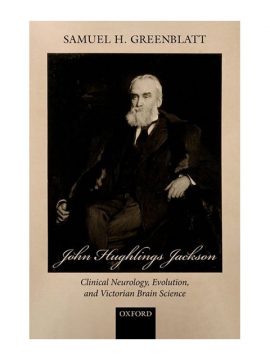 John Hughlings Jackson (1835-1911) cofounded modern clinical neurology (with Jean-Martin Charcot) by analyzing clinical cases with a combination of Spencerian evolution and theoretical analyses at both the cellular and (hierarchical) cortical levels. This approach was most successful in his work on epilepsy, e.g., Jacksonian seizures. In this new biography, John Hughlings Jackson: Clinical Neurology, Evolution and Victorian Brain Science, Samuel H. Greenblatt provides a critical analysis of Jackson’s work within the professional, social, and intellectual contexts of his Victorian milieu. The book follows Jackson’s intellectual development through a close examination of his published writings, in chronological order, from the case reports and Suggestions of his early medical career to the major lectures he delivered in his later years.
John Hughlings Jackson (1835-1911) cofounded modern clinical neurology (with Jean-Martin Charcot) by analyzing clinical cases with a combination of Spencerian evolution and theoretical analyses at both the cellular and (hierarchical) cortical levels. This approach was most successful in his work on epilepsy, e.g., Jacksonian seizures. In this new biography, John Hughlings Jackson: Clinical Neurology, Evolution and Victorian Brain Science, Samuel H. Greenblatt provides a critical analysis of Jackson’s work within the professional, social, and intellectual contexts of his Victorian milieu. The book follows Jackson’s intellectual development through a close examination of his published writings, in chronological order, from the case reports and Suggestions of his early medical career to the major lectures he delivered in his later years.
A Senior’s Guide for Living Well and Dying Well
By A. Stuart Hanson MED’60 and Carolyn Papke
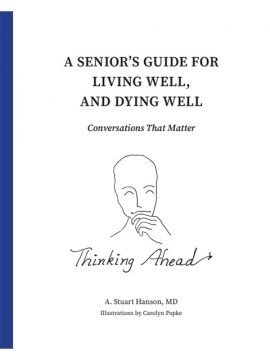 A Senior’s Guide for Living Well and Dying Well is an effort by an engaged group of seniors to address most questions of aging. Dr. Hanson has taken the content from years of expert group presentations and condensed them into a readable, unique, and accessible guide for seniors and their families. There are sections on aging well and retirement issues, physical and mental well-being, driving, sleeping, depression, and fraud. Also covered are health care on aging bodies, the capacity and limitations of healthcare systems, palliative and hospice care, end-of-life planning, dementia, and grief. Also included are choosing financial and healthcare representatives, writing legacy letters, making wills, estate planning, memorial and funeral plans, organizing records, and conversations with loved ones are all covered. The book’s greatest value may be in the real-life stories included in many chapters.
A Senior’s Guide for Living Well and Dying Well is an effort by an engaged group of seniors to address most questions of aging. Dr. Hanson has taken the content from years of expert group presentations and condensed them into a readable, unique, and accessible guide for seniors and their families. There are sections on aging well and retirement issues, physical and mental well-being, driving, sleeping, depression, and fraud. Also covered are health care on aging bodies, the capacity and limitations of healthcare systems, palliative and hospice care, end-of-life planning, dementia, and grief. Also included are choosing financial and healthcare representatives, writing legacy letters, making wills, estate planning, memorial and funeral plans, organizing records, and conversations with loved ones are all covered. The book’s greatest value may be in the real-life stories included in many chapters.
Higher Education Amid the COVID-19 Pandemic: Supporting Teaching and Learning through Turbulent Times (2023)
By Kimberlee Mix PhD’03, et al.
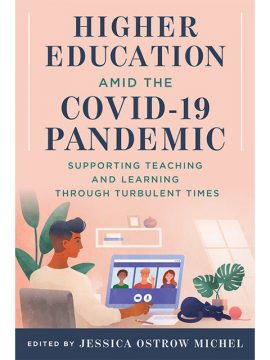 Higher Education Amid the COVID-19 Pandemic documents first-hand experiences from faculty and students in order to help navigate the path to supporting teaching and learning in the wake of such turbulent times, and beyond. The essays in this volume contextualize the setting of higher education as the outbreak occurred, explore how faculty and students adapted their work-life (im)balance as they transitioned to distance learning, describe teaching and learning across institution types, provide strategies for adjusting teaching based on discipline, and look at emerging trends in the future of the professoriate. With essays from a diverse range of experts, this volume will serve as a comprehensive guide to many affected higher education communities. The chapter by Kimberlee Mix PhD’03 is entitled, “Inspiring citizen scientists and future public health heroes.”
Higher Education Amid the COVID-19 Pandemic documents first-hand experiences from faculty and students in order to help navigate the path to supporting teaching and learning in the wake of such turbulent times, and beyond. The essays in this volume contextualize the setting of higher education as the outbreak occurred, explore how faculty and students adapted their work-life (im)balance as they transitioned to distance learning, describe teaching and learning across institution types, provide strategies for adjusting teaching based on discipline, and look at emerging trends in the future of the professoriate. With essays from a diverse range of experts, this volume will serve as a comprehensive guide to many affected higher education communities. The chapter by Kimberlee Mix PhD’03 is entitled, “Inspiring citizen scientists and future public health heroes.”
So Much Better: Life-Changing Strategies to Develop Calm, Confidence & Curiosity to Become Your Own Inspiring Success Story (2022)
By Cindy Tsai MED’14
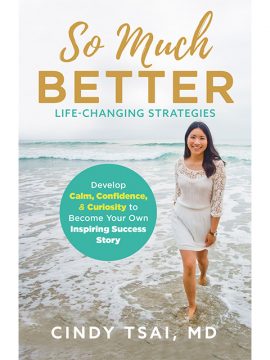 So Much Better is a transformative self-help book that offers a research-based process to help high-achievers fulfill their dreams. This practical guide explores strategies to help readers overcome anxiety and burnout, reprogram their brain’s default, and become the inspiring success stories they were meant to be. Drawing on a mix of inspiring quotes, practical exercises, and thought-provoking perspectives, Dr. Cindy Tsai will take readers on an enlightening journey, sharing her incredible Inspiring Success Story Method™ to help them redefine and reinvent their lives. Perfect for any unfulfilled high achiever who is suffering from chronic stress, overwhelm, procrastination—or anyone who feels like you’re just “going through the motions”—So Much Better will reignite your passion for life, give you the tools to escape your comfort zone and manifest your true potential with ease.
So Much Better is a transformative self-help book that offers a research-based process to help high-achievers fulfill their dreams. This practical guide explores strategies to help readers overcome anxiety and burnout, reprogram their brain’s default, and become the inspiring success stories they were meant to be. Drawing on a mix of inspiring quotes, practical exercises, and thought-provoking perspectives, Dr. Cindy Tsai will take readers on an enlightening journey, sharing her incredible Inspiring Success Story Method™ to help them redefine and reinvent their lives. Perfect for any unfulfilled high achiever who is suffering from chronic stress, overwhelm, procrastination—or anyone who feels like you’re just “going through the motions”—So Much Better will reignite your passion for life, give you the tools to escape your comfort zone and manifest your true potential with ease.
Influenced (2022)
By Brian Boxer Wachler MED’93
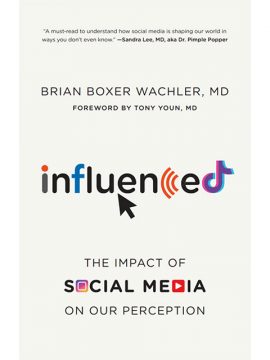 Influenced unpacks and pulls the curtain back on what happens to our brains and our behaviors each time we addictively engage social media and the influencers we encounter there. Individuals seeking to widen their tribes of friends, fans, and followers have an abundance of resources for building their digital footprints and social media popularity. All of this seems well and good from the perspective of revenue, exposure, and perhaps ego-building, but what is the impact of this on the human brain and our behavior? Our brains literally light up with every buzz, ding, alert, and ring in anticipation of how our network is responding to us. Dr. Boxer Wachler includes his own social and medical findings and highlights them with interviews with top influencers, the latest studies, and pop-culture anecdotes.
Influenced unpacks and pulls the curtain back on what happens to our brains and our behaviors each time we addictively engage social media and the influencers we encounter there. Individuals seeking to widen their tribes of friends, fans, and followers have an abundance of resources for building their digital footprints and social media popularity. All of this seems well and good from the perspective of revenue, exposure, and perhaps ego-building, but what is the impact of this on the human brain and our behavior? Our brains literally light up with every buzz, ding, alert, and ring in anticipation of how our network is responding to us. Dr. Boxer Wachler includes his own social and medical findings and highlights them with interviews with top influencers, the latest studies, and pop-culture anecdotes.
If you have written a book (please no textbooks) in the past two years and would like it considered for inclusion in a future issue of Alumni News & Notes, please submit a hi-res .JPG of the cover of the book, and a maximum 100 word summary utilizing this form: dartgo.org/bookshelf.
